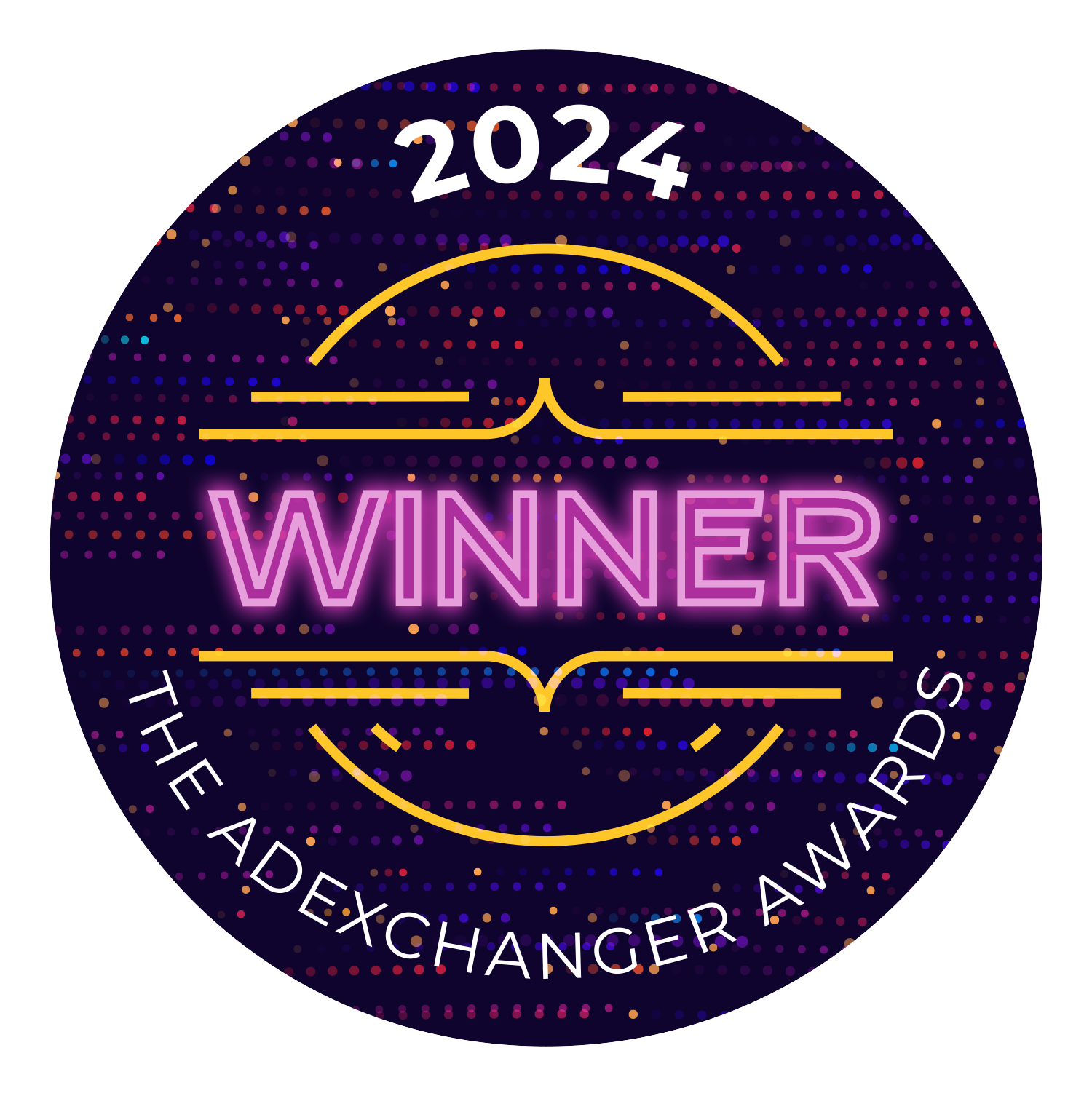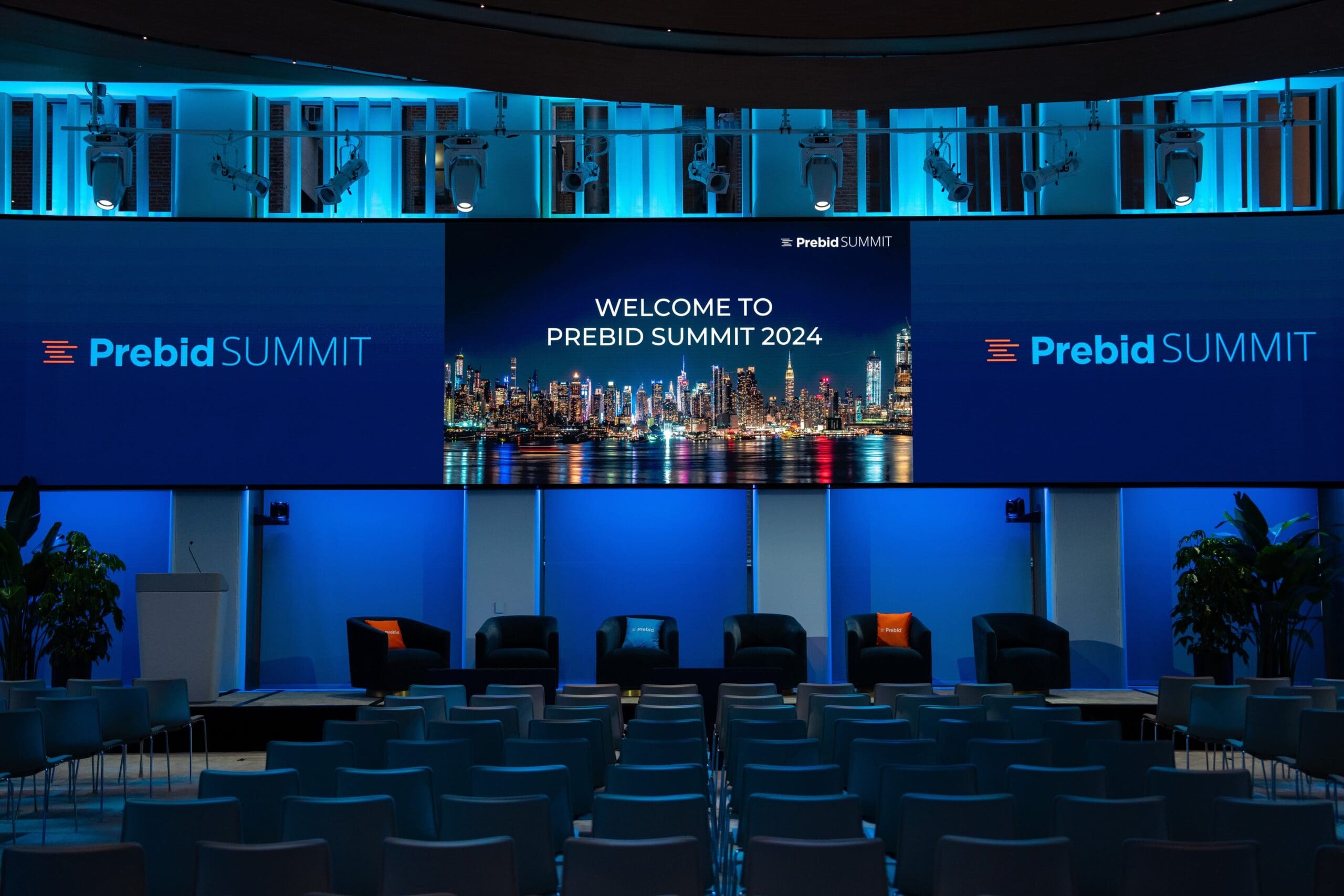There have been winners and losers in the first-party data gold rush. While some brands and publishers have amassed enough email addresses and mobile IDs to build and target valuable audiences, many more have hit a wall in both the scale and detail of their authenticated user data. Faced with shrinking addressability, it can feel like there’s no choice but to pay to play in the walled gardens of social and retail platforms.
But there’s a lot more to first-party data than emails, and there’s a lot more to data than first-party. Businesses need to look beyond the walls of their CRM to explore and unify the wider world of data: campaign data, website/app visitation data, panel data, second-party data from collaborations, third-party data from marketplaces, and more.
Through smart sampling and AI-powered modeling, insights and audiences can be revealed from what might first appear to be disconnected bits of data, and then leveraged for partnerships that don’t just go beyond the walls of your CRM, but beyond the walls of your business entirely.
Breaking Away from Traditional Identifiers
Emails and mobile IDs have long been the cornerstones of first-party data collection. However, the limitations of these traditional identifiers are becoming increasingly apparent. As consumer behavior becomes more fragmented across different platforms and devices, relying solely on email addresses and mobile IDs can result in a narrow and incomplete view of your audience. Furthermore, changes in privacy regulations, such as GDPR and CCPA, and the phasing out of third-party cookies are making it more challenging to collect and utilize this data effectively.
To address these challenges, businesses must adopt a more holistic approach to data collection. This involves looking beyond their CRM systems and exploring a range of data sources, such as campaign data, website visits, app usage, and panel data. By integrating these different data types, businesses can gain a more comprehensive and accurate understanding of their audience, enabling them to deliver more personalized and effective marketing campaigns.
Embracing Advanced Data Solutions
Adapex’s Data Refinery offers a robust alternative to traditional data collection methods, enhancing data precision and compliance while boosting campaign effectiveness. The platform leverages first-party data and integrates with multiple ID solutions, ensuring that advertisers maintain high data coverage and detailed targeting capabilities even as cookies phase out.
The Data Refinery platform uses advanced AI and machine learning algorithms to aggregate and analyze various data types securely. This allows businesses to turn raw data into actionable intelligence, providing deeper insights into consumer behavior and preferences. Additionally, the platform offers robust privacy features and advanced data handling capabilities, ensuring compliance with stringent privacy regulations while maintaining user trust.
By implementing Adapex’s Data Refinery, businesses can future-proof their data strategies and maintain a competitive edge in an increasingly data-driven market. The platform’s ability to seamlessly integrate with multiple ID solutions also ensures that businesses can continue to deliver targeted and personalized marketing campaigns, even as traditional data collection methods become less effective.
Practical Examples Across Industries
Consider a local news publisher. Unlike national publications with extensive email lists, local publishers can leverage anonymous site engagement and geolocation data to develop targeted advertising opportunities. For instance, by analyzing interests and activities in specific towns, they can offer real estate companies unique insights into potential homebuyers’ preferences.
For example, a local news publisher could use data from site visits and user engagement to identify trends in different neighborhoods. By analyzing which articles and topics are most popular in specific areas, the publisher can gain insights into the interests and preferences of local audiences. This information can then be used to create targeted advertising campaigns for real estate companies, highlighting properties and neighborhoods that are likely to be of interest to potential buyers.
Additionally, local publishers can use surveys and polls to gather more detailed information about their audiences. By asking readers about their preferences and interests, publishers can collect valuable first-party data that can be used to enhance their advertising offerings. This data can also be shared with commercial partners, providing them with unique insights that can help them to better target their marketing efforts.
The Role of Technology in Data Collection
Advanced AI modeling and smart sampling techniques can transform seemingly disparate data into cohesive insights. Platforms like Adapex’s Data Refinery aggregate and analyze various data types securely, turning raw data into actionable intelligence. This approach not only enhances marketing strategies but also fosters valuable partnerships beyond individual business confines.
By using AI and machine learning algorithms, businesses can identify patterns and trends in their data that would be difficult to detect using traditional analysis methods. These technologies can also help to automate data collection and analysis processes, reducing the time and effort required to gather and interpret data.
Furthermore, advanced data collection technologies can help businesses to ensure that their data is accurate and reliable. By using techniques such as data cleansing and normalization, businesses can remove errors and inconsistencies from their data, ensuring that they have a clear and accurate picture of their audience.
Balancing Personalization and Privacy
Data privacy regulations are becoming increasingly stringent, requiring businesses to balance personalization with privacy. Data clean rooms and secure data-sharing platforms have emerged as vital tools in this regard. These platforms ensure that data collaboration is safe and compliant with privacy laws, allowing businesses to leverage data without compromising user trust. Adapex’s Data Refinery stands out by offering robust privacy features and advanced data handling capabilities, making it a preferred choice for forward-thinking marketers.
Data clean rooms allow businesses to collaborate and share data with partners in a secure and privacy-compliant manner. By anonymizing and encrypting data, these platforms ensure that sensitive information is protected, while still allowing businesses to gain valuable insights from their data.
In addition to data clean rooms, businesses can use techniques such as differential privacy and federated learning to protect user privacy while still gaining insights from their data. These techniques allow businesses to analyze data and generate insights without exposing individual user data, ensuring that privacy is maintained.
By adopting these advanced data privacy techniques, businesses can build trust with their audiences and ensure compliance with privacy regulations. This is particularly important in the current data landscape, where consumers are increasingly concerned about how their data is being used and protected.
Future Trends in Data-Driven Marketing
The digital marketing landscape continues to evolve, and so do the methods of data collection and utilization. The deprecation of third-party cookies and heightened privacy concerns are driving the need for innovative solutions. Businesses that adapt to these changes by investing in comprehensive data platforms like Adapex’s Data Refinery will be better positioned to thrive. By focusing on first-party data and fostering strategic collaborations, companies can future-proof their marketing strategies and achieve sustainable growth.
One of the key trends in data-driven marketing is the increasing use of first-party data. As third-party cookies become less effective, businesses are turning to first-party data to gain insights into their audiences and deliver personalized marketing campaigns. By collecting and analyzing data directly from their own platforms and interactions with customers, businesses can gain a more accurate and comprehensive understanding of their audiences.
Another important trend is the use of advanced data analytics and AI technologies. These technologies are helping businesses to analyze large and complex data sets, identify patterns and trends, and generate actionable insights. By leveraging these technologies, businesses can gain a competitive edge and deliver more effective marketing campaigns.
In addition to these trends, businesses are increasingly focusing on data collaboration and partnerships. By working with other businesses and sharing data in a secure and privacy-compliant manner, companies can access unique and valuable insights that would be difficult to gather independently. This collaborative approach to data is helping businesses to overcome the limitations of traditional data collection methods and achieve more effective marketing outcomes.
Conclusion: The Future of Data is Collaborative
As the industry evolves, reliance on limited data sets is no longer sufficient. By exploring and unifying diverse data sources, businesses can unlock new potentials and navigate the digital landscape with greater agility and confidence. The future of data is collaborative, and the time to start is now.
Businesses that embrace a collaborative approach to data collection and analysis will be better positioned to thrive in the increasingly competitive digital marketing landscape. By leveraging advanced data platforms like Adapex’s Data Refinery, businesses can gain deeper insights into their audiences, deliver more personalized and effective marketing campaigns, and build stronger relationships with their customers.
Contact us to see how Adapex can transform your ad strategy and keep your campaigns effective in a cookieless world.













